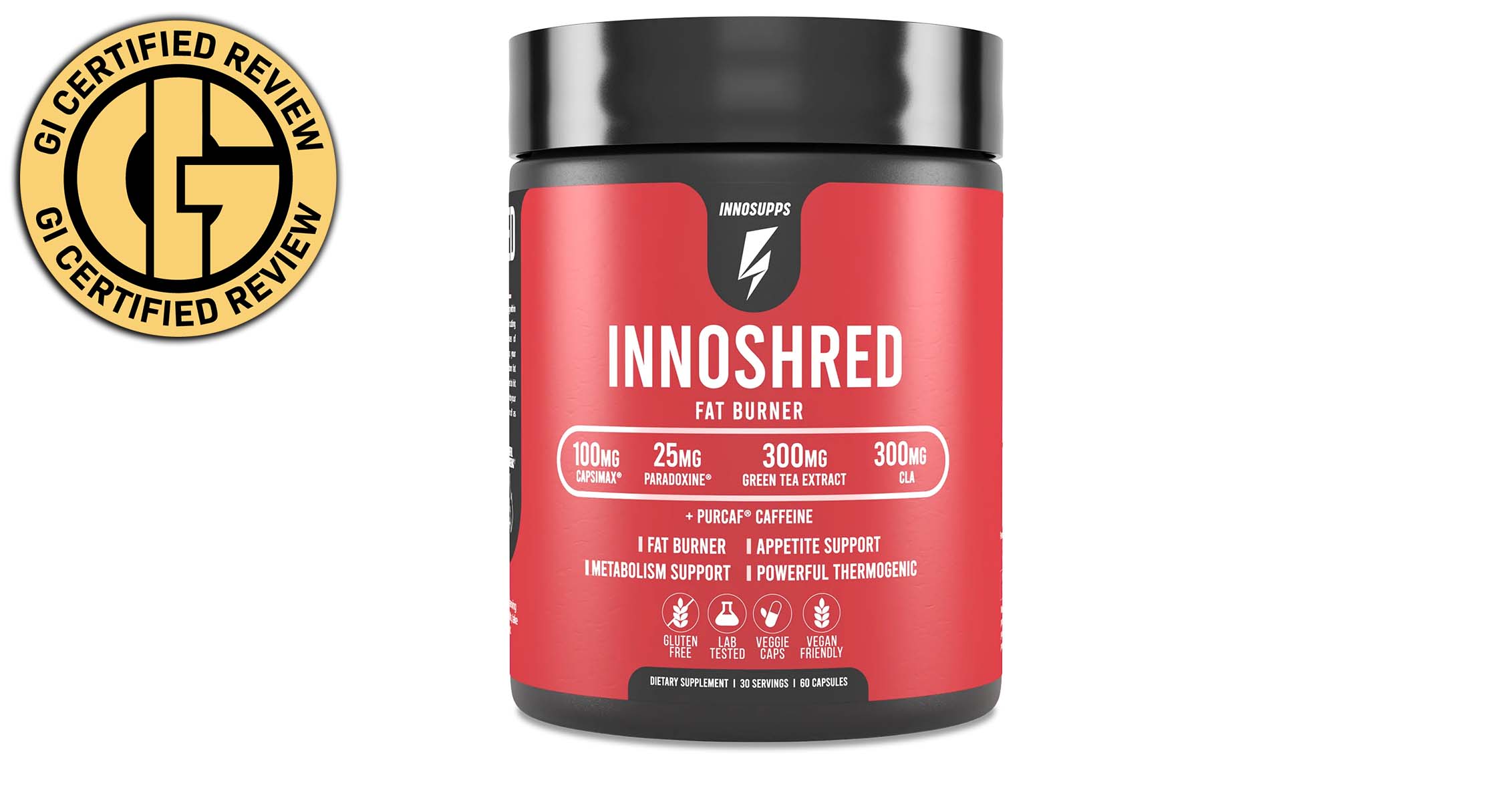Strategic Shift for Inno Precast Amid Housing Market Challenges
Inno Precast, a leading manufacturer and distributor of precast concrete products, is undergoing a significant strategic shift. The company is now focusing more on non-residential projects and end users, as the housing market remains stagnant and is expected to take at least two years to recover.
Songsak Piyawannarat, the company’s deputy chief executive, highlighted that the housing sector has been sluggish since last year and is unlikely to rebound within the next 18 months. He added that signs of improvement are anticipated from 2027 onwards. “During this period of weak market activity, residential developers reduce their inventory cycle from five years to three. This will impact our business, so we need to adapt by seeking alternative projects,” he explained.
He further noted that once inventory reaches a certain low level, developers will begin replenishing it, which may take place over the next few years. This long-term outlook underscores the necessity for Inno Precast to diversify its operations and explore new avenues for growth.
Diversifying into Non-Residential Projects
This year, the company plans to pursue more non-residential development projects, particularly in the Eastern Economic Corridor, which has shown consistent growth. These projects include factories, where Inno Precast aims to expand its scope of work for factory clients by taking on additional orders such as walls, in addition to the columns it previously supplied.
Other opportunities include infrastructure projects, such as retaining walls for small-scale dams. By broadening its project portfolio, the company hopes to mitigate the risks associated with the current downturn in the residential sector.
Expanding Reach to End Users
In addition to project-based clients, Inno Precast is looking to expand its reach to end users, including self-built homeowners. This initiative is being supported through Plantnery, a homebuilding firm wholly owned by Pruksa Holding, one of Inno Precast’s major shareholders.
The company is also studying and testing precast swimming pools, as pool villas remain popular in both Bangkok’s luxury housing market and major resort destinations. Phuket, in particular, has seen a trend toward loft-style designs, making precast swimming pools an attractive option for developers and homeowners alike.
Revenue Challenges and Future Outlook
“If the residential market was not in crisis as it is now, our revenue would grow or at least stay at the same level as in 2024,” said Mr. Songsak. “However, due to the economic stagnation, now further dampened by the US tariffs, we will not meet this year’s revenue target.”
Inno Precast set a revenue target of 2 billion baht earlier this year, but the company may fall short of that goal. The company spun off from Pruksa’s wholly owned subsidiary in 2023 to take on external projects, and it currently has an annual production capacity of 5 million square metres, equivalent to around 1,500 housing units a month.
Current Production Utilization and Market Position
At present, the company utilises 40% of its annual production capacity, with 80-90% allocated to residential projects. Roughly half of this comes from Pruksa, down from 70% last year. The remainder primarily supports factory projects.
The company’s break-even point is at 50% capacity utilisation, indicating that there is room for growth if demand increases. However, the current economic climate poses challenges, and the company must continue to adapt its strategies to navigate these uncertainties effectively.







